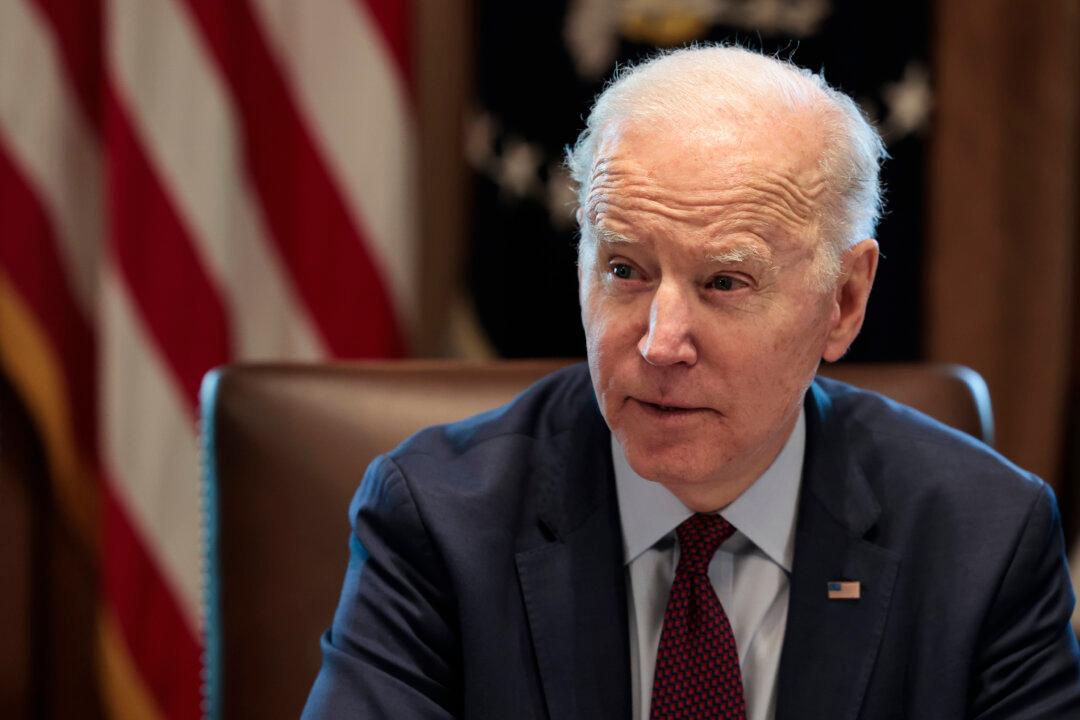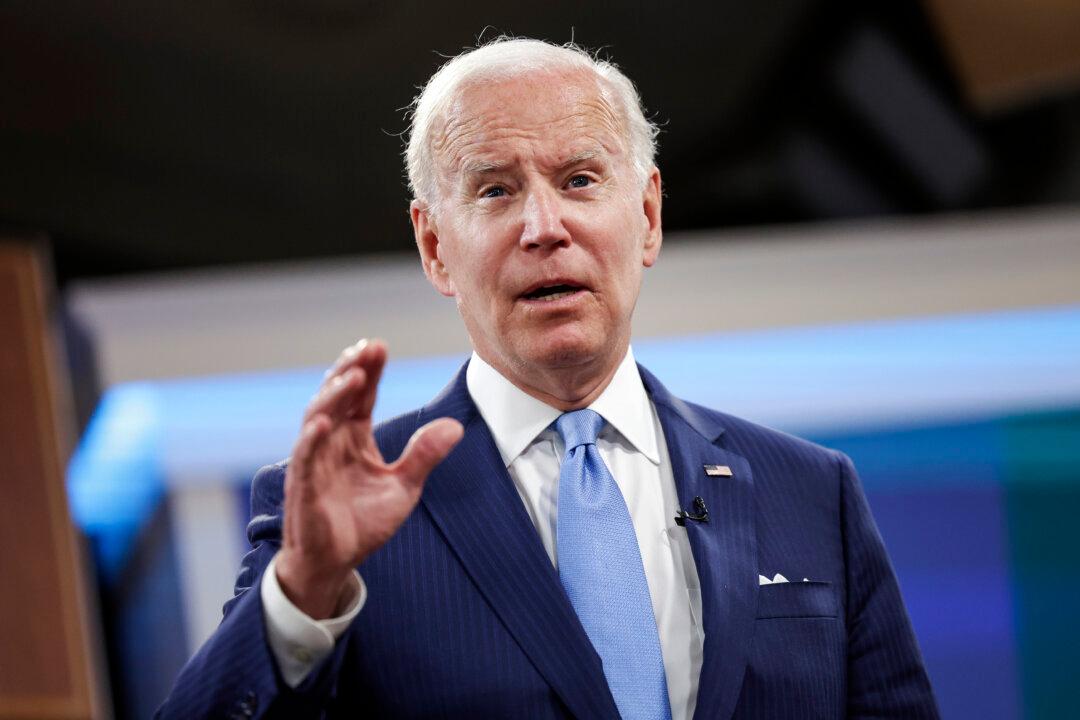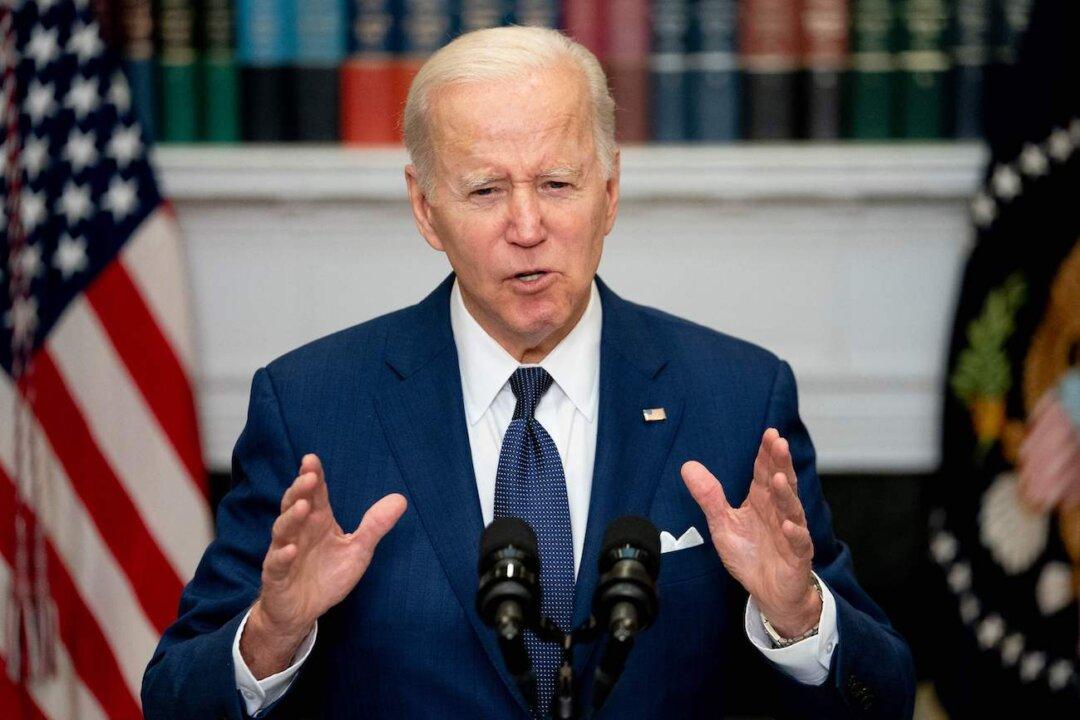President Joe Biden announced on March 3 that the United States is adding to the list of oligarchs it’s sanctioning in response to the Russian invasion of Ukraine.
The expanded list includes eight Russian elites and their family members. Those individuals will be cut off from the U.S. financial system and their assets within the United States will be frozen and their property blocked from use, according to a March 3 White House statement.




